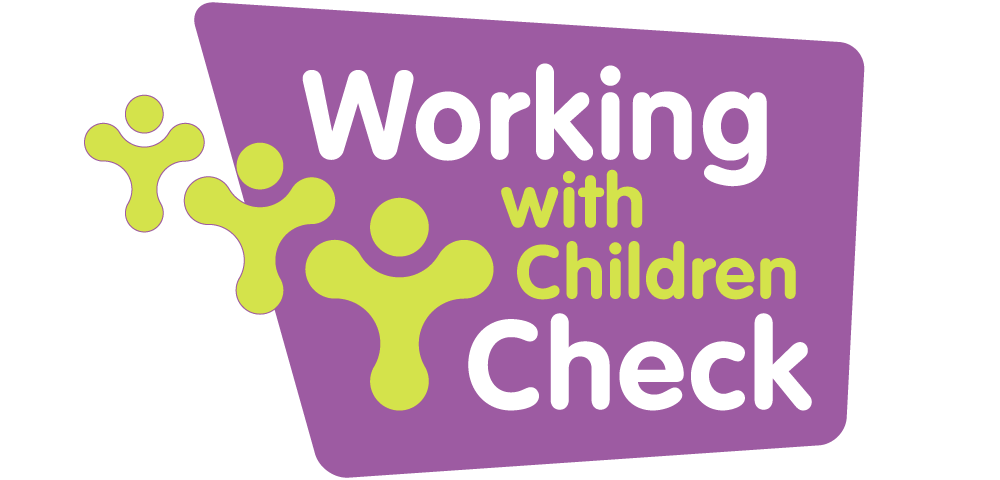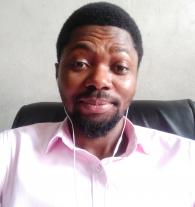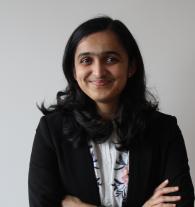
 Verified Tutor
Verified Tutor

What do I enjoy most about tutoring? 😁
I like being able to assist people in grasping new ideas and witnessing the "light bulb moment" when a student finally "gets" it. Seeing a student advance and knowing that you have benefitted their learning process is frequently gratifying. Moreover, tutors often value the opportunity to learn a subject matter more thoroughly by imparting it to others.My Strengths as Tutor 💪
My strengths as a tutor include my ability to communicate clearly, my in-depth knowledge of a variety of disciplines, my flexibility in dealing with various learning preferences, and my enthusiasm for helping students succeed. I successfully foster critical thinking, explain difficult ideas, and establish a welcoming, stimulating learning atmosphere.Most important things I can do for a student 🏅
Clarifying difficult concepts, promoting critical thinking, offering individualized guidance, boosting confidence, encouraging independence, and establishing a secure learning atmosphere are among the most crucial things a tutor can accomplish for a student. Together, these activities improve the student's comprehension, drive, and capacity for autonomous learning.Subjects Tutored 🎓
- Physics tutoring
- Chemistry tutoring
- Maths tutoring
- Science tutoring
- Economics tutoring
- Engineering Studies tutoring
- Geography tutoring
- English tutoring
- Online tutoring
Exam Prep 📝
- Naplan tutoring
- VCE tutoring
Tutoring students in 👦 👧
- year 1
- year 2
- year 3
- year 4
- year 5
- year 6
- year 7
- year 8
- year 9
- year 10
- year 11
- year 12
About Muhammad Ahmar
Dr. Muhammad Ahmar Siddiqui
This is Dr. Muhammad Ahmar Siddiqui, with over 15 years of teaching experience. Currently, I am working with Monash University, Australia, and Universal Higher Education College, Australia. I hold a Ph.D. in Civil and Environmental Engineering from the Hong Kong University of Science and Technology (HKUST), ranked among the top 28 universities globally by QS rankings. I completed my Bachelor's degree in Chemical Engineering in 2012, graduating with distinction. My academic excellence led to an opportunity with Pak Petrochemical Ind. Ltd., where I served as a Trainee Engineer. Driven by a passion for further education, I secured a master’s scholarship in Thailand. My outstanding performance during my master's studies earned me a scholarship to HKUST, one of the world’s top universities. After completing my Ph.D., I served as a Postdoctoral Fellow at HKUST for four years and worked as a part-time Research Fellow at City University of Hong Kong before moving to Australia. Throughout my career, I have had the privilege of presenting my research at numerous international conferences, including four times in the USA, three times in Australia, and twice in Hong Kong, among others.
My Teaching philosophy
As a teacher, I aim to deliver knowledge to my students in a way that empowers them to use new technologies to innovate unique solutions for real-life problems. My teaching objective and philosophy are to train students to be ready to cultivate a problem-solving mindset and develop their minds dynamically according to the requirements of their careers. I believe it is essential to introduce a conceptual framework to students, enabling them to learn new ideas, understand the concepts behind theories, and participate actively. My past teaching experience as a teaching instructor in diverse cultures in the USA, Hong Kong, Thailand, and Pakistan gives me an additional edge in understanding students' IQ levels. I believe that students acquire new skills quickly when they are exposed to practical challenges. Dynamic teaching is more important and meaningful at the departmental level, where you can teach students according to current and updated scenarios. Additionally, one-on-one interaction between students and instructors is a substantial aspect that helps them learn and explore new things progressively. These interactions allow students to ask more questions and develop problem-solving skills differently. For example, what are the problems? How do we address those problems? What sort of information is required to solve those problems? Such questions essentially lead to new challenges and discoveries.
Links of my profile
https://www.researchgate.net/profile/Muhammad-Ahmar-Siddiqui https://scholar.google.com.au/citations?user=pv6Tao4AAAAJ&hl=en










